Cultural Intelligence (CQ )the Jedi superpower of the Globalization Industry and why CQ is not the same as EQ
This week I had the opportunity to attend a course taught by Speak First on Emotional Intelligence (EQ). The timing in which I did this course was perfect (thank you King!) Since it has been between the talk we (Maria Kania and I) gave in the Localization World and a presentation that I will collaborate at work in the coming days to a group of video games artist about the topic Cultural Intelligence (CQ)
“The number one predictor of your success in today’s borderless world is not your IQ, not your resume, and not even your expertise. It´s your CQ.”
As a result of publishing my eBook with a summary of what CQ is on my blog (click here to download), I have received numerous questions and comments. It is a subject that seems to have aroused great interest, thank you for your comments! Of all the questions I have received there is a pattern that repeats itself.
1. But, Cultural Intelligence and Emotional Intelligence are not the same? What is the difference between them?
2. To say that a certain country or culture behaves in this or this other way is not a way to label people? Is not it a way to put countries in boxes?
Both questions are interesting, but since I took the EQ course this week I thought it would be a good idea to write my article this week about why EQ and CQ are different.
Jose Powell from Speak First did a great work walking us through the different aspects we need to take into consideration when it comes to develop our EQ levels. Before I focus on why EQ and CQ are different let's go with a round of definitions
• EQ is the ability to identify and manage your own emotions and the emotions of others.
• CQ is the ability to relate to and effectively communicate with people from other cultures.
• Culture is a set of shared assumptions and values that distinguish one group from another.
Very often, looking through our cultural lens prevents us from seeing beyond the national stereotypes (like the fish of the joke)
Now why EQ and CQ are not the same?
The way I see it is that EQ involves looking inward. While CQ is not only in, but also out.
There are many similarities between them. For example, to develop EQ we start with self-awareness, and in CQ also self-awareness is crucial. An interest to improve our CQ levels (CQ Drive component) is necessary, but then what? What do we do after I have identified my own emotions and the emotions of others? We behave differently depending on our context, our culture, so just with EQ will not be enough, why?
The best way to illustrate my point is with an experiment driven by Friesen and Ekman.
Wallace V. Friesen is a psychology and together with Paul Ekman, they provided the first empirical evidence for cultural differences in emotional expression.
They examined the spontaneous expressions of Americans and Japanese as they viewed highly stressful films-first alone, and then in the presence of an older, male experimenter. When alone, the American and Japanese participants were similar in their expressions of disgust, sadness, fear, and anger. However, when in the company of the experimenter, the Americans continued to express their negative emotions, but the Japanese were more likely to smile.
Friesen's findings indicate that while the display of emotional expression in private is universal, emotional display in the company of others varies cross-culturally. Cultural specificity of emotional expression in social situations has been reproduced in numerous studies since then.
As I see it this experiment makes clear the following 3 aspects
• The culture in which we grow has a profound impact on how we see the world.
• The culture in which we grow shapes the way we act publicly
• To lead nowadays in this global world, it is not enough the EQ as some people will hide their emotions based on their cultural thoughts and beliefs
EQ is sufficient for us when we are working within a familiar context. For example, being born and raised until my twenties in Spain, just with my EQ it could be enough to be able to lead and make business in Spain.
I know the communication patterns, I know how trust is built and I know the appropriate level of "enthusiasm" I should give to a presentation and personal relationships.
But for example, in the case of "enthusiasm" that I mentioned in the previous paragraph, this is something that varies a lot depending on the culture in which we work or have been raised.
In the USA, the level of "enthusiasm" in the workplace when communicating is greater than in Europe and much higher than in Asia.
Big American CEOs like Steve Ballmer (previous Microsoft CEO) or Tony Robbins (THE communication guru) will be perceived as aliens delivering these presentations with this enthusiastic style in many countries of the world (maybe also some people in their home countries see them as alien as well 🙂), however, if we analyze their professional career ... It is clear that his style works.
(And I wonder if I have a problem myself as I would loooooove to go to one these Unleash your power conventions from Mr. Robbins 🙂
“Long story short CQ kicks in where EQ may let us down.”
The basic understanding CQ gives us is that what works 'here', in my familiar context, will not necessarily work 'there'.
And although both "Q" CQ and EQ teach us some skills that are similar, basically the way they are applied are different.
EQ teaches us about self-awareness, CQ also. But CQ goes further in every dimension.
Just with EQ, we might not be able to connect and lead in an efficient way. When I have interacted in different cultures, in different countries, sometimes this is how I perceived my interactions.
When we are in a meeting and I speak the face of my interlocutor I see it more or less like this ...
I will not say in which country I feel like this as that would be not very Culture Intelligent from my side :)
So this is one of those situations where my EQ has abandoned me and I need help from my CQ to understand how I can get this situation going. With EQ I am only able to observe a part of what is happening in the relationship in which I am working... But there is a very hidden layer that can go unnoticed
CQ is the alter ego of the EQ, CQ is composed of a series of skills (see the infographic I created below or click HERE to download) that will make us a Jedi interacting in different cultures bringing out the best of all those around us.
CQ is a factor that predicts the success or failure of the professionals of this 21st century that we are working in the Globalization industry.
What do you think? Do you understand CQ and EQ as the same? And do you agree that CQ is like a superpower that will allow us to fight in different situations like an authentic Jedi?
Do not hesitate to leave your comments here, I hope this post has been interesting
Soon I will write about why CQ is not the same as putting people/countries in labels, in boxes ... until that moment arrives ,I wish you a happy week!
@yolocalizo
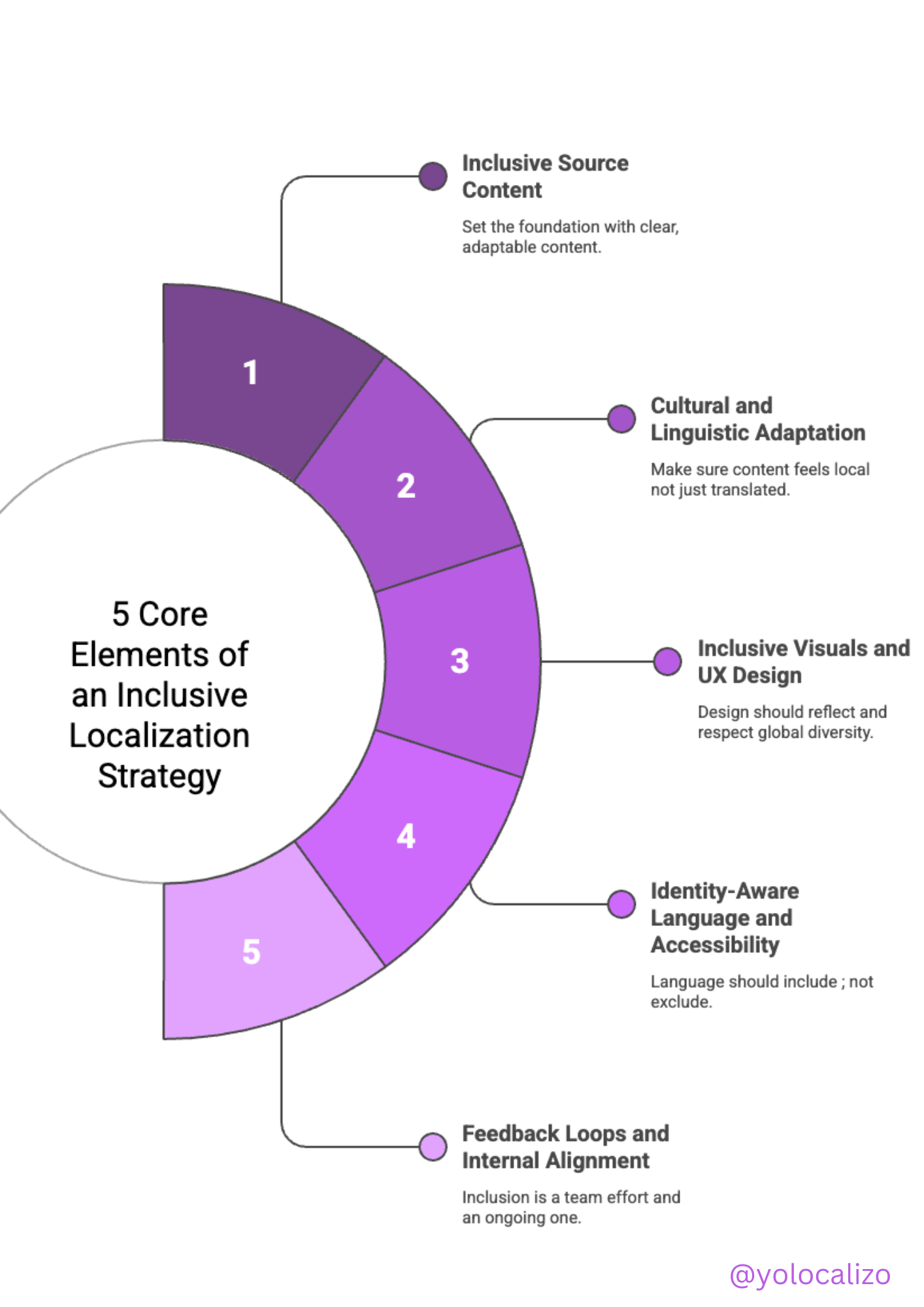

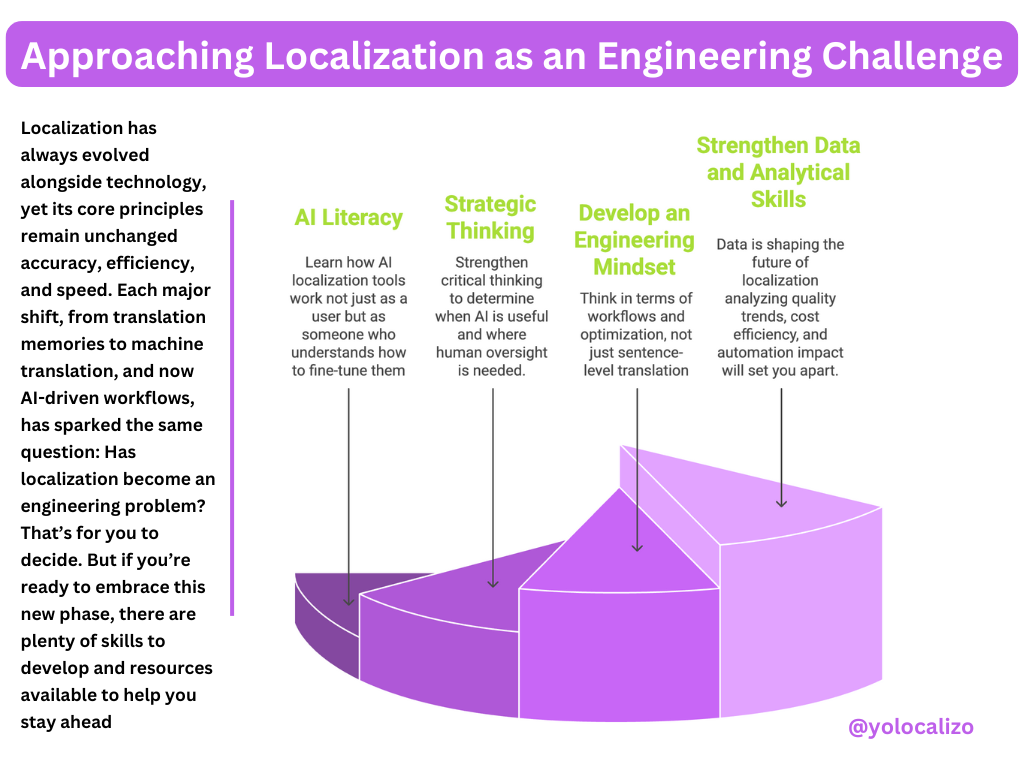
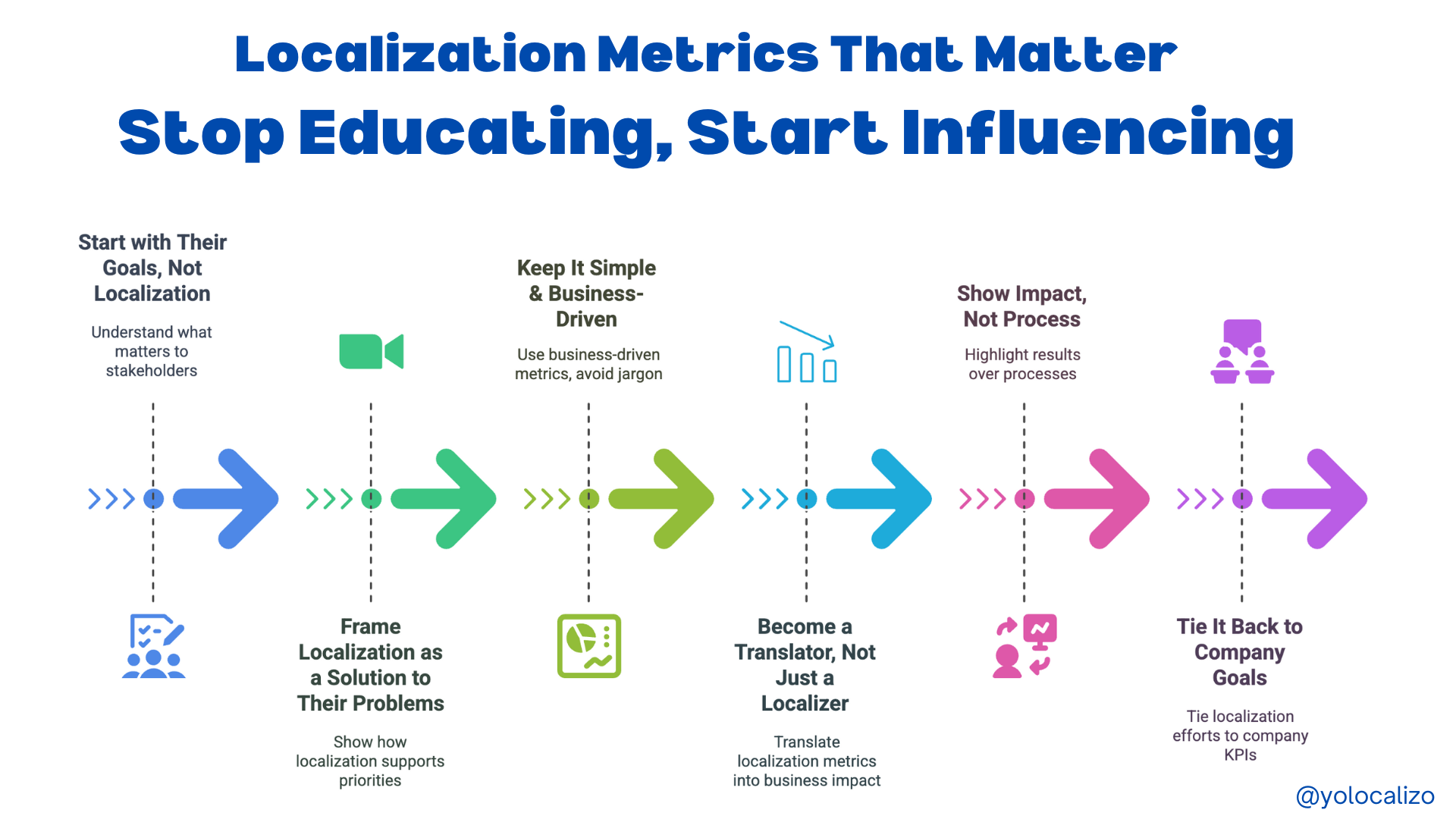


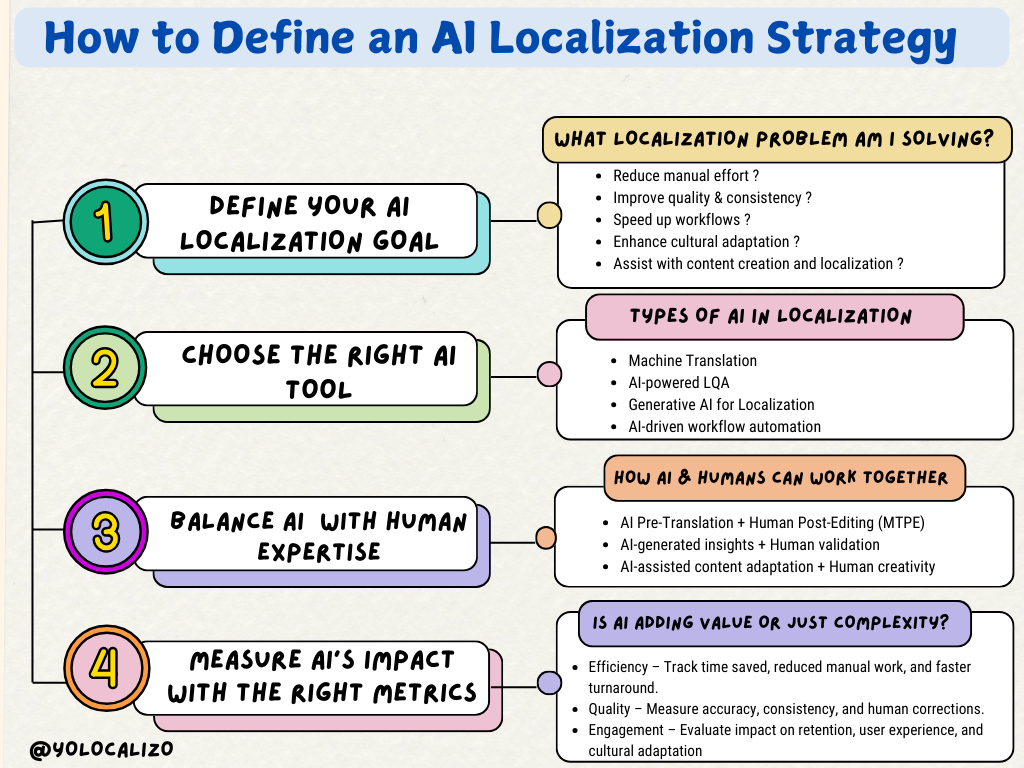






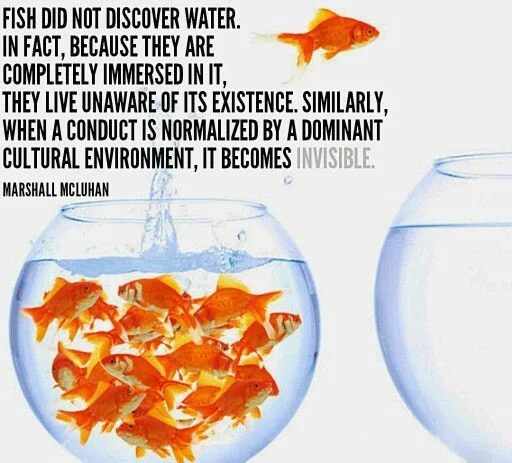







Localizability has always been a challenge small issues in source content often lead to big problems later in translation. In this post, I explore how AI is giving localization teams a powerful new way to improve source quality, reduce friction, and create better content for every market right from the start.